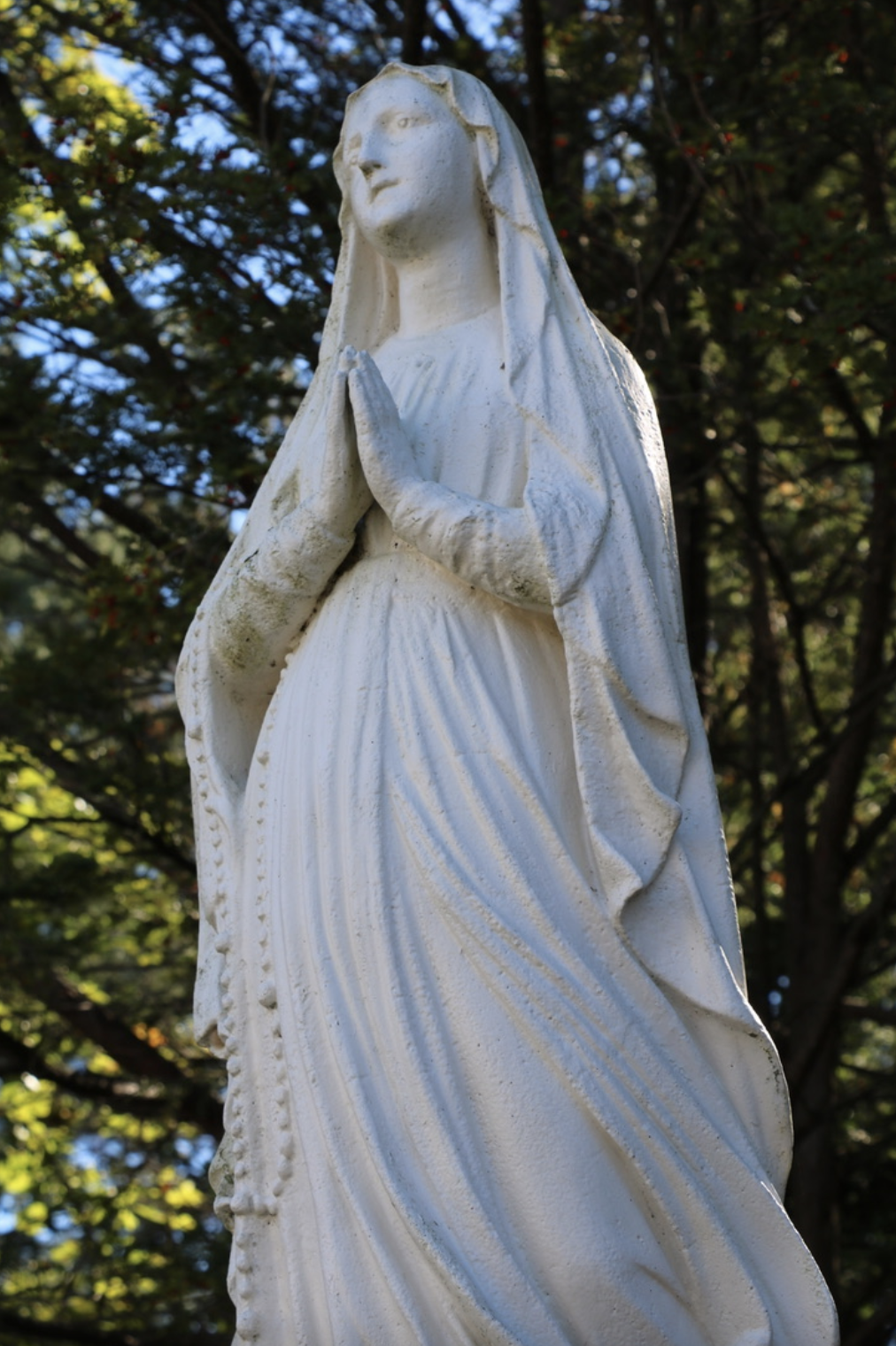Podcast: Play in new window | Download
Subscribe: Apple Podcasts | RSS
Father Ed Broom, OMV, serves as Associate Pastor at St. Peter Chanel Church in Hawaiian Gardens, California. He is a member of the Religious Order, Oblates of the Virgin Mary, and was ordained by Saint John Paul II in St Peter’s Basilica on May 25, 1986. Fr. Ed is a Retreat Master and teaches Catholic Ignatian Marian Spirituality through articles, podcasts, a radio show, retreats and spiritual direction. He is the author of four books: From Humdrum to Holy, Total. Consecration to Jesus through Mary through the Mysteries of the Rosary and Road Map to Heaven, A Catholic Plan of Life, and, Compendium of Marian Devotions.
